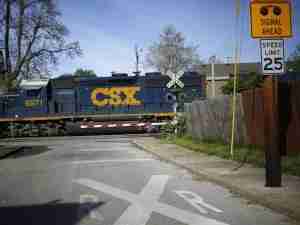Tens of thousands of BT Group Plc’s unionized workers voted in favor of the company’s first national walkout in more than three decades.
The collapse of pay rise negotiations in April led the UK’s Communication Workers Union to ballot more than 40,000 members on whether to take industrial action, the results of which were announced in London on Thursday.
CWU General Secretary Dave Ward said the decision was “achieved despite a real culture of fear that has been imposed in the last couple of years by the BT management,” and that the union expects BT “to come to the table with a significantly improved offer” to avoid strike action.
The labor group wants to pressure BT Chief Executive Officer Philip Jansen back to negotiations. In April, the company increased wages for 58,000 of its workers, but the CEO said in a strained internal call last week that it couldn’t afford to pay any more. Angry staff complained that Jansen saw his remuneration jump 32% to £3.5 million due to share awards.
“BT Group awarded its highest pay rise for frontline colleagues in more than 20 years—an average 5% increase and up to 8% for those on the lowest salaries,” a BT spokesperson said in a statement. “The result of the CWU’s ballot is a disappointment.”
Any strike wouldn’t take place until after July 14 and its length would depend on whether management came back to negotiations, a CWU spokesman said. If it goes ahead, it’ll be the first BT-wide strike since 1987. But it would also follow rafts of similar recent action by rail workers and legal professionals over pay and conditions in the UK as the cost of living surges.
It would be likely to affect BT broadband and telephone installations, including signing up new customers. Internet outages could be prolonged because engineers aren’t around to fix them, which could affect millions working remotely as well as harm a long effort by BT to improve its customer service ratings.
At an investor briefing on Tuesday, BT Chief Technical Officer Howard Watson said the company has a “robust plan in place” for strike disruption, so networks can continue working without manual intervention.
BT is not alone in its tension with workers. Its biggest rival Liberty Global Plc and Telefonica SA-owned Virgin Media O2 face complaints from the CWU. On a May earnings call, Liberty CEO Mike Fries told investors the increases were “not nearly at inflation levels” two weeks after he received a package worth $62 million.
A spokesman for Virgin Media O2 declined to comment.
Prospect, a union that represents other BT staff including managers, also “did not accept BT’s pay offer” imposed instead of continuing negotiations, and has been consulting members on how to respond. It’s focused on “getting BT back to the table,” a spokeswoman said by email.







